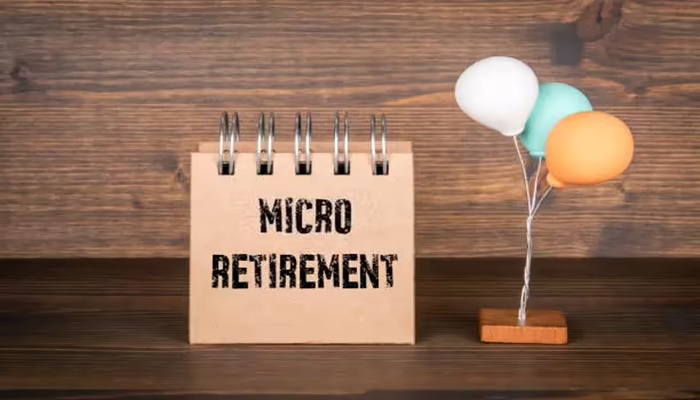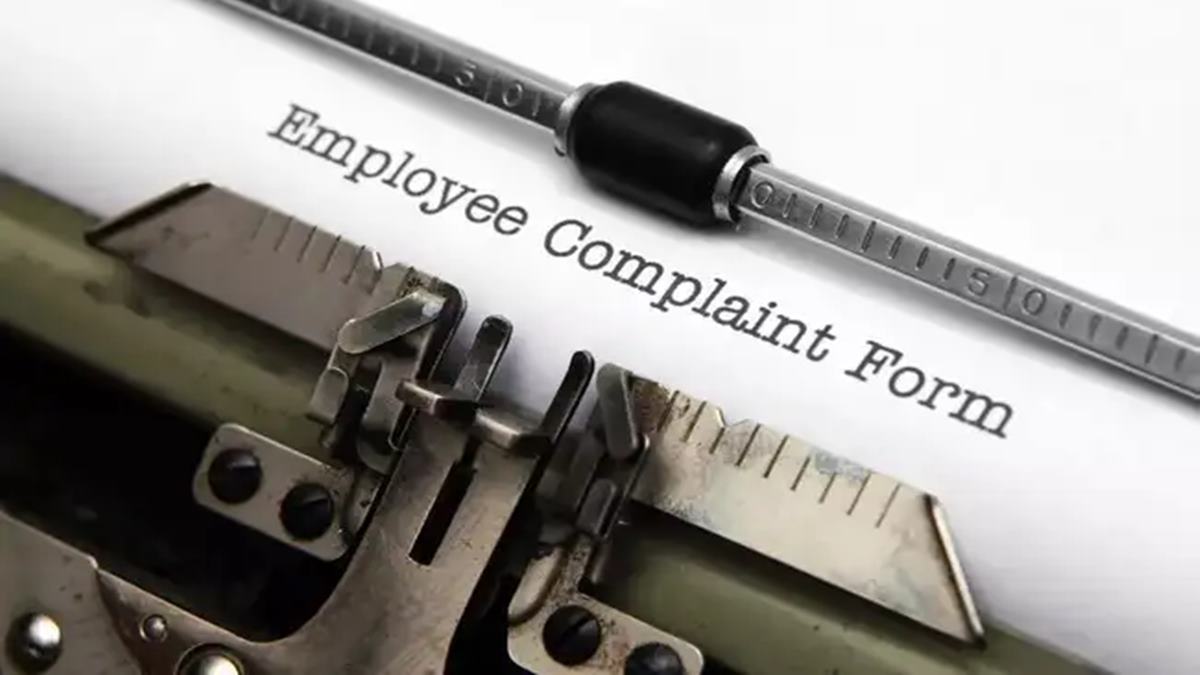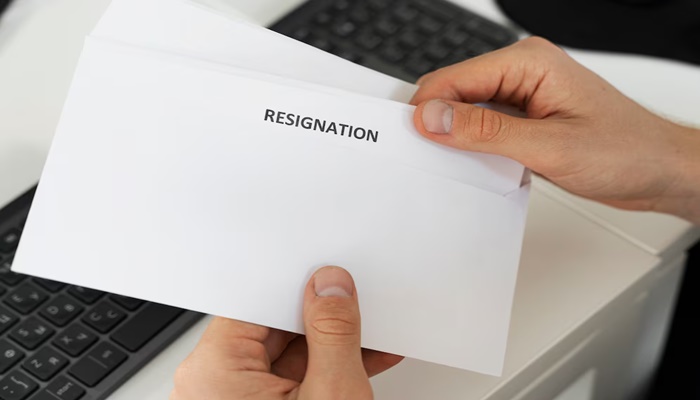Ah, the resignation letter. That crisp, often trembling, piece of paper that signifies freedom, a leap of faith, or perhaps just a desperate scramble to escape the fluorescent purgatory of your current employment. It’s a document steeped in ritual, a delicate dance between professional courtesy and the primal urge to shout, “I’m outta here!” While the conventional path involves polite platitudes and a vaguely worded expression of gratitude, the annals of employment history are peppered with instances where employees decided to inject a little… Spice… Into their farewells, often with results that ricochet across the digital landscape like a rogue office chair on a polished floor.
Crafting this seemingly simple missive is akin to navigating a social minefield blindfolded. You want to be professional, lest you inadvertently slam the door on future opportunities (because, let’s face it, the professional world is smaller than a poorly ventilated office cubicle). Yet, there’s also that simmering desire to express the deep-seated reasons for your departure, the passive-aggressive email exchanges that haunt your dreams, the existential dread that descends every Sunday evening like a particularly persistent office coffee stain.
The internet, bless its chaotic heart, has become a veritable museum of viral resignation letters, each an ode to the human spirit’s occasional need for dramatic flair. Take, for instance, the poignant saga of the Singaporean employee in 2025 who opted for the medium of toilet paper to convey their feelings of being “used when needed, discarded without a second thought.” One can only imagine the HR manager’s face upon receiving this… unconventional missive. Did they ponder the symbolism? Did they immediately reach for the industrial-strength hand sanitizer? We may never know, but the image of that flimsy, absorbent declaration speaks volumes about workplace appreciation (or the distinct lack thereof!).
Then there’s the Ghanaian maestro of candor from 2024, whose resignation letter included the hilariously honest caveat about potentially boomerang-ing back if the greener pastures turned out to be more of a patchy lawn. The sheer audacity of stating, “Yeah, this new gig might be rubbish, so don’t be surprised if I’m back here begging for my old stapler,” resonated with the weary souls who’ve all had that fleeting thought during the initial honeymoon phase of a new job. It’s the kind of honesty you usually reserve for your closest confidante over a pint, not your soon-to-be-ex-employer.
And who could forget the American teacher in 2017, whose resignation wasn’t just a career change, but a powerful protest against the soul-crushing focus on standardized testing over actual education? This wasn’t a witty jab or a moment of fleeting frustration; it was a moral stand, a public declaration of principles that resonated with educators who felt the very heart of their profession being eroded by bureaucratic metrics. It served as a stark reminder that sometimes, a resignation letter can be a catalyst for broader conversations and even social commentary.
While these viral departures offer a certain vicarious thrill, a collective “Ooh, they said it!” moment, they also come with a hefty asterisk the size of a corporate merger. Burning bridges, while cathartic in the short term, can have long-term career implications. The professional world, as previously mentioned, has an uncanny knack for connecting people in unexpected ways. That disgruntled rant might just land in the inbox of your future hiring manager, who, surprisingly, is best friends with your former, now thoroughly insulted, boss.
So, how does one navigate this treacherous terrain? How do we craft a resignation letter that conveys our intent without resorting to passive-aggressive haikus or declarations written in disappearing ink? The key, it seems, lies in mastering the delicate art of professional departure.
First, maintain professionalism. This might seem like stating the obvious, but in the heat of the moment, when the urge to unleash your inner office critic is strong, it’s crucial to remember that formal language and a standard business letter format are your allies. Resist the temptation to address your CEO as “Supreme Overlord of Spreadsheetistan” or to sign off with “May your coffee be forever lukewarm.” Keep it formal, keep it business-like.
Second, be concise. Your resignation letter is not the place for a detailed account of every microaggression you’ve endured or the intricate reasons behind your yearning for a life of competitive cheese rolling. Clearly state your intention to resign, specify your last working day (double-check your contract and any company policies regarding notice periods), and express a brief, general note of gratitude for the opportunity you were given. Think of it as a professional mic drop – impactful but brief.
Third, and perhaps most important: avoid negativity. This is where the tightrope walk truly begins. Even if your workplace was a soul-crushing vortex of despair and your boss’s management style resembled a caffeinated squirrel trying to direct traffic, refrain from detailing grievances or negative experiences in your resignation letter. This document becomes part of your permanent record with the company, and a litany of complaints serves no purpose other than to paint you in an unfavorable light. If you absolutely must vent, save it for a trusted friend or a very understanding therapist.
Fourth, offer assistance. This small gesture of professionalism can go a long way in leaving on amicable terms. If you are able and willing, offer to help during the transition period, whether it’s training your replacement or documenting key processes. This demonstrates your commitment to a smooth handover and reflects positively on your work ethic, even as you’re heading for the exit.
Finally, deliver personally. Whenever feasible, schedule a brief meeting with your direct supervisor to discuss your decision before formally submitting your resignation letter. Hand-delivering the letter after this conversation shows respect for your manager and the company. It allows for a more personal and potentially smoother transition than simply sending an email into the void.
The art of the resignation letter, therefore, is not about crafting a viral sensation or burning bridges in a blaze of glory. It’s about navigating the delicate balance between personal expression and professional decorum. It’s about clearly stating your intentions, expressing gratitude (even if it’s a slightly strained gratitude), and leaving the door open for future possibilities, however distant they may seem in that moment of glorious departure. While the temptation to pen a scathing critique on toilet paper might be strong, remember that sometimes, the most impactful statement is a concise, professional, and ultimately, bridge-preserving farewell. After all, you never know when you might need a reference, or perhaps, just perhaps, that new cheese-rolling career doesn’t pan out.




















